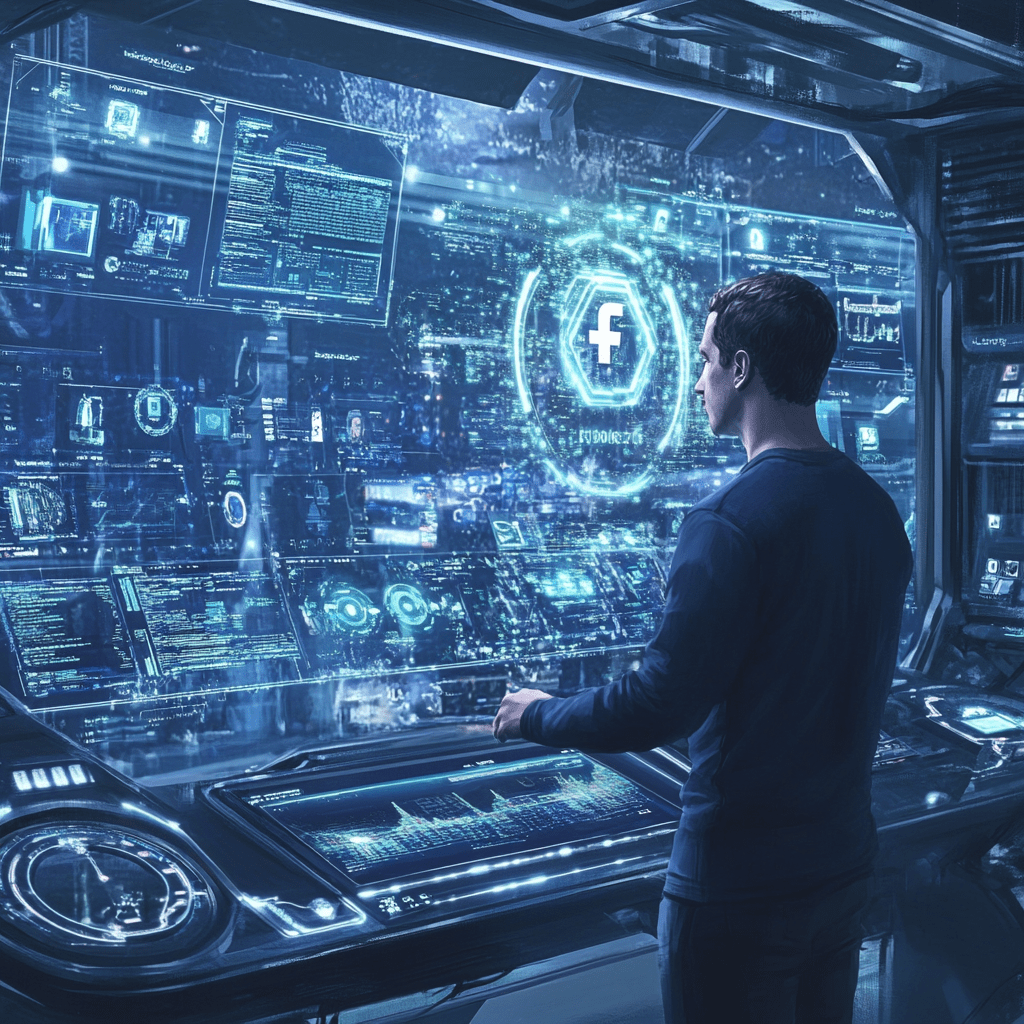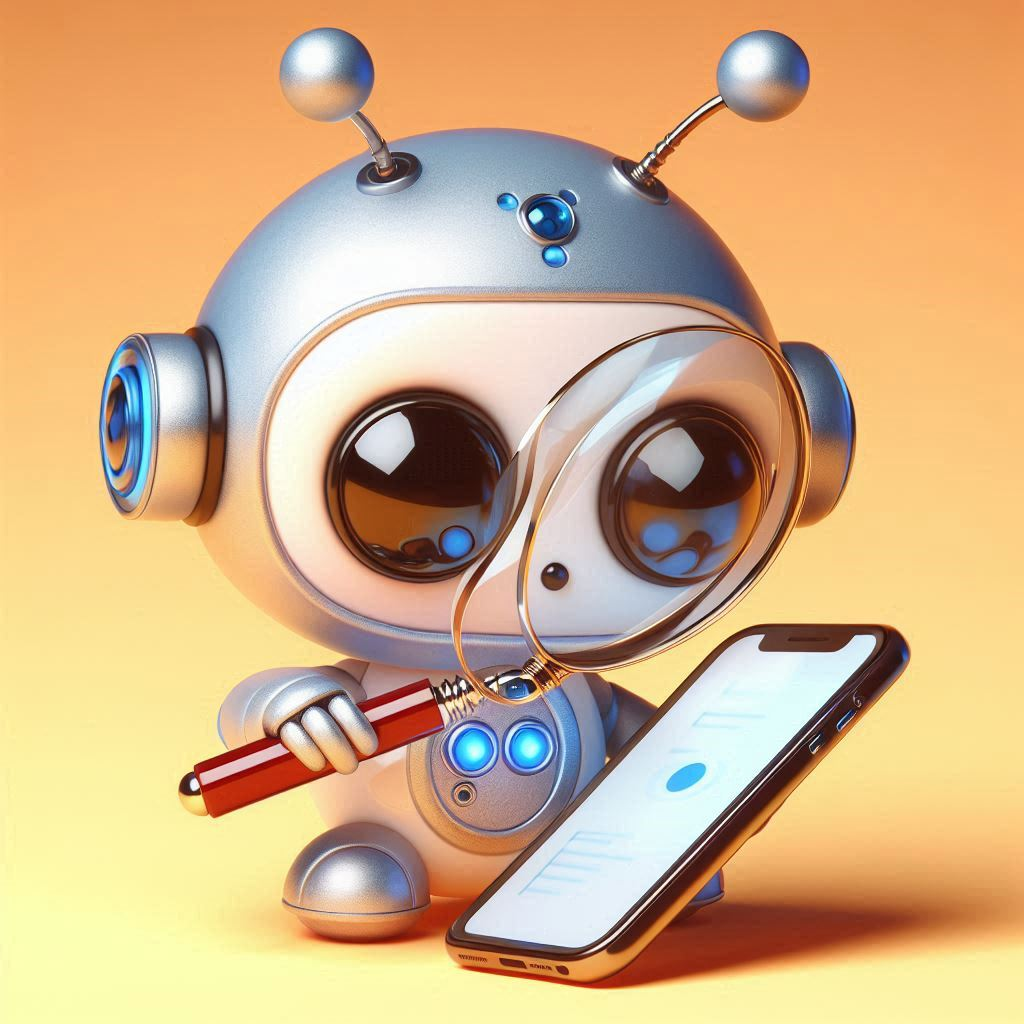OpenAI Addresses Account Takeover Incidents
In recent times, the digital landscape has been rife with concerns over privacy and security breaches, and the AI sphere is no exception. The unfolding incidents involving OpenAI’s ChatGPT, Apple’s restrictions on AI tool usage, and the UniFi mishap from Ubiquiti highlight the delicate balance between technological advancement and safeguarding personal information.

Firstly, the saga surrounding ChatGPT is a cautionary tale. Reports surfaced indicating unauthorised access to user accounts, with conversations originating from locations disparate from the users’ usual access points. While OpenAI clarified the situation, attributing it to potential account takeovers rather than direct leaks from the AI system, the incident underscores the importance of robust security measures, such as two-factor authentication (2FA) and IP tracking, which are notably absent from the platform.
The second narrative revolves around Apple’s cautious stance on AI tools like ChatGPT and GitHub Copilot. Internal documents reveal Apple’s apprehension about potential data leaks, prompting restrictions on employee usage. This move aligns with Apple’s reputation for stringent privacy protocols but also hints at the challenges posed by AI models that rely on cloud processing and data sharing.
Further scrutiny unveils a broader trend among tech giants grappling with similar concerns. Microsoft’s plans to offer a privacy-focused version of ChatGPT for enterprise use exemplify efforts to assuage fears of data exposure, especially in sectors like finance and healthcare. However, the efficacy of such solutions remains uncertain, particularly in light of Apple’s reluctance to fully embrace external AI tools.
Meanwhile, the UniFi debacle adds another layer to the discourse on data security. Users reported accessing private camera feeds and control panels belonging to others, raising alarms about the vulnerability of IoT devices. Ubiquiti swiftly addressed the issue, attributing it to a glitch in their cloud infrastructure, but the incident underscores the potential risks associated with interconnected smart devices.
In analysing these events, it becomes evident that the spectre of data breaches looms large over the AI and IoT landscape. The interconnected nature of these technologies amplifies the repercussions of security lapses, highlighting the need for proactive measures to mitigate risks.
Moreover, these incidents underscore the inherent challenges in navigating the intersection of technology and privacy. While AI promises transformative benefits, it also poses complex ethical and regulatory dilemmas, necessitating a multifaceted approach to governance and oversight.
As we navigate this evolving digital terrain, it’s imperative to prioritise user privacy and data security. This entails not only robust technical safeguards but also transparent communication and accountability from technology providers.
Expanding upon the discourse surrounding these incidents unveils deeper implications for the broader technological landscape. The convergence of AI, IoT, and cloud computing heralds unprecedented opportunities for innovation and efficiency. However, it also introduces complex cybersecurity challenges that demand proactive strategies and collaborative solutions.
One pressing concern is the need for robust regulatory frameworks to govern the deployment and utilisation of AI and IoT technologies. While existing regulations offer some guidance, they often lag behind the pace of technological innovation, leaving gaps in oversight and accountability. As AI becomes increasingly integrated into everyday life, from virtual assistants to autonomous vehicles, policymakers must adapt regulations to address emerging risks, such as data privacy breaches and algorithmic bias.
Moreover, there is a growing recognition of the ethical considerations inherent in AI development and deployment. The notion of “ethical AI” encompasses principles such as transparency, fairness, and accountability, aiming to ensure that AI systems uphold human rights and societal values. Initiatives like the IEEE Global Initiative on Ethics of Autonomous and Intelligent Systems and the Partnership on AI reflect the concerted efforts of industry leaders, researchers, and advocacy groups to promote ethical AI practices.
Furthermore, the advent of edge computing presents both opportunities and challenges for cybersecurity. Edge devices, such as smartphones and IoT sensors, enable real-time data processing and analysis at the network’s edge, reducing latency and bandwidth usage. However, they also introduce new attack vectors, as adversaries target vulnerabilities in distributed systems and exploit data transmission between edge and cloud environments.
In response to these challenges, organisations must adopt a holistic approach to cybersecurity, encompassing threat detection, incident response, and risk management. This entails investing in cutting-edge technologies, such as AI-driven security analytics and blockchain-based authentication, while also prioritising employee training and awareness programs to mitigate human error and negligence.
Ultimately, the quest for digital security is a dynamic and ongoing endeavour, requiring constant vigilance and adaptation in the face of evolving threats and vulnerabilities. By fostering a culture of collaboration and knowledge sharing among stakeholders, from technology providers to end-users, we can collectively navigate the complexities of the digital age and build a more resilient and secure future.
It is clear that no single entity can address these challenges in isolation. Instead, a collaborative effort involving industry stakeholders, policymakers, researchers, and end-users is essential to develop comprehensive solutions that address the multifaceted nature of cybersecurity threats.
Furthermore, we must remain vigilant and adaptive in our cybersecurity strategies, recognizing that the landscape is ever-evolving and dynamic. This requires ongoing investment in research and development, as well as a commitment to continuous learning and improvement.
At the same time, it is essential to strike a balance between innovation and regulation, ensuring that technological advancements are guided by ethical principles and respect for individual rights. By fostering a culture of responsible innovation and accountability, we can harness the transformative potential of AI, IoT, and cloud computing while safeguarding against potential risks and vulnerabilities.
In essence, the incidents discussed serve as wake-up calls, prompting us to reevaluate our approaches to cybersecurity and privacy protection. By embracing a proactive and collaborative mindset, we can pave the way for a more secure and resilient digital future for all.
The challenges posed by recent incidents involving ChatGPT, Apple’s AI tool restrictions, and the UniFi mishap underscore the imperative of prioritising digital security in our increasingly interconnected world. As technology continues to evolve at a rapid pace, so too must our approaches to safeguarding privacy and data integrity.
In conclusion, the recent episodes involving ChatGPT, Apple, and UniFi serve as stark reminders of the fragility of digital privacy in an era of rapid technological advancement. Addressing these challenges requires collective action from industry stakeholders, policymakers, and users alike to ensure a safer and more secure digital future.
for all my daily news and tips on AI, Emerging technologies at the intersection of humans, just sign up for my FREE newsletter at www.robotpigeon.be






